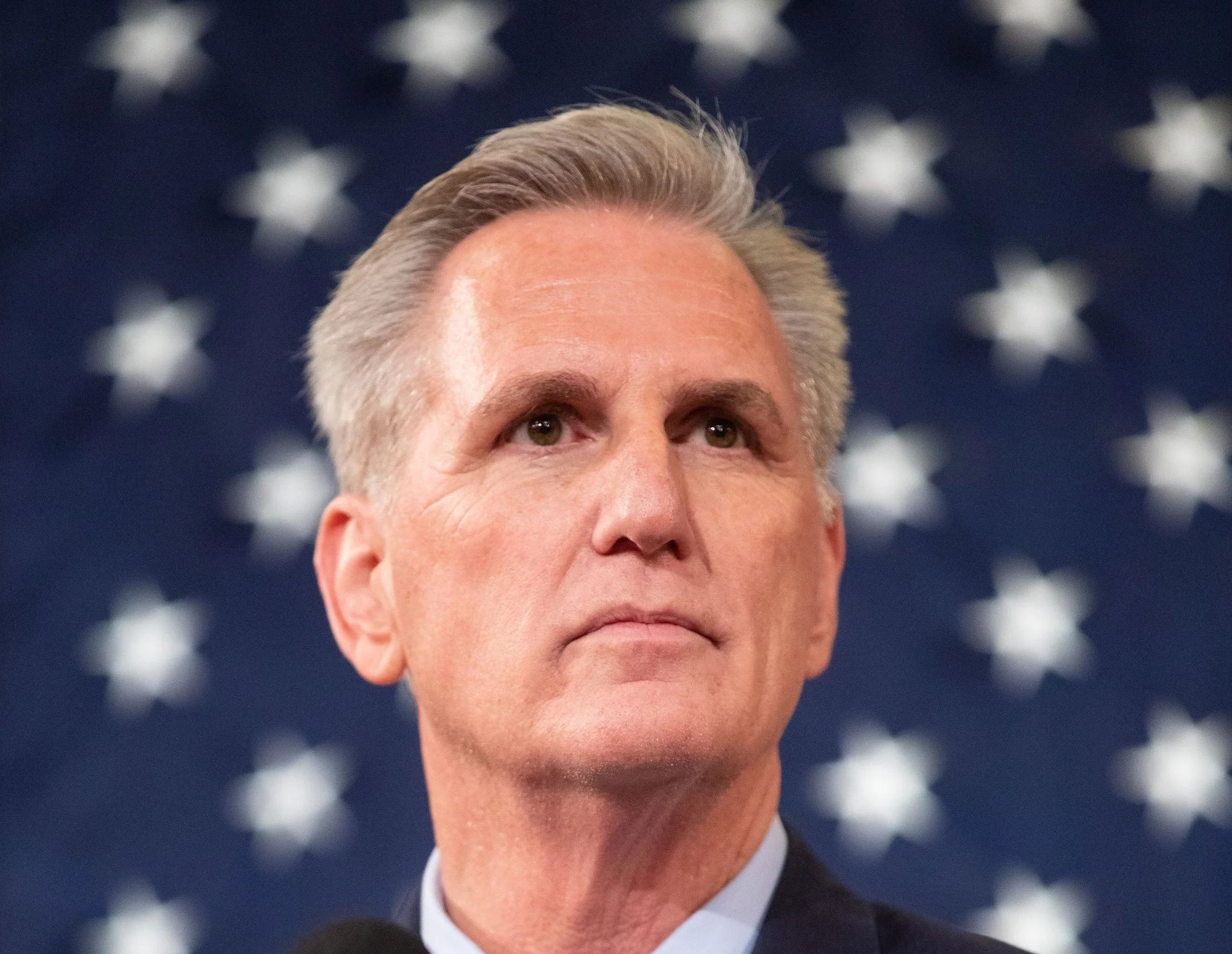Jillian Baer
In the midst of the ongoing delegation on the government shutdown, and the subsequent extension, another pressing issue was being discussed.
Representative Matt Gaetz (R-FL), a controversial far right figure, started a movement to remove Kevin McCarthy (R-CA) from his role as Speaker of the House. Gaetz claimed that McCarthy had continually broken promises to the GOP, remarking: "Speaker McCarthy made an agreement with House conservatives in January. And, since then, he has been in brazen, repeated material breach of that agreement".
Gaetz had the support of 7 other Republicans leading the deal, and in an odd show of bipartisanship, all 208 Democrats in attendance voted along with him, impeaching McCarthy by a razor thin majority of 216-210 on October 3rd. Most of the eight Republicans are members of the uber-conservative Freedom Caucus, signaling the increasing split between the far right and more moderate GOP members, a change which has become explicitly pronounced followingthe presidency of Donald Trump and its consequences.
What happens now? After the events of October 3rd, Congress is taking a week long break, reconvening October 10th. Before speaker elections, an interim speaker has been named, Rep. Patrick McHenry, a North Carolina Republican who has served in Congress since 2005.
The branching of the Republican party, a long anticipated event, is happening before our very eyes. What is usually kept behind closed doors is being aired like dirty laundry in our nation's capital. While the Republicans splinter off into opposition and indecision, the Democrats are presenting a calm united front, which is doing them considerable favors in the upcoming elections. However, only time will truly tell what the future holds for the Republican Party.

